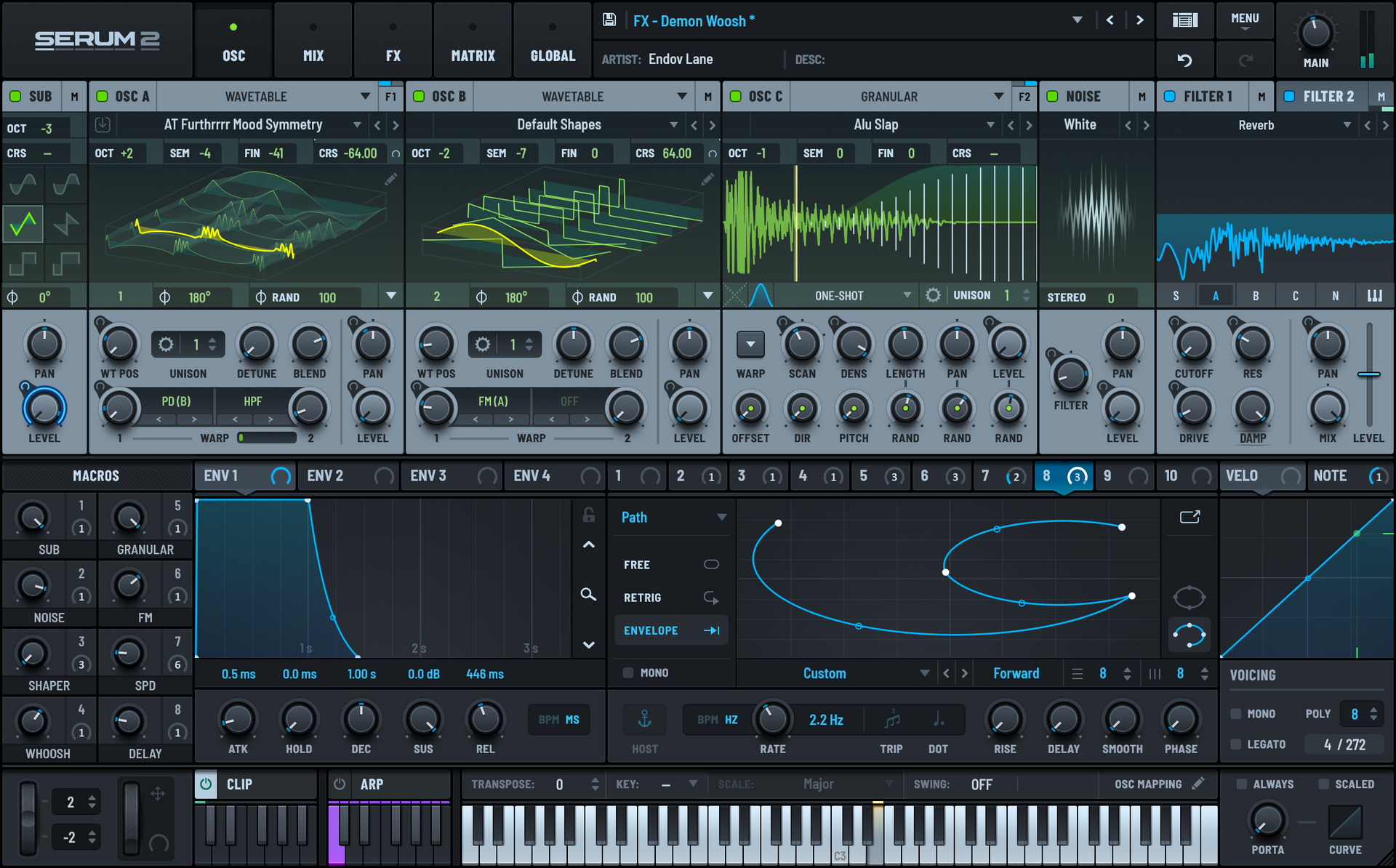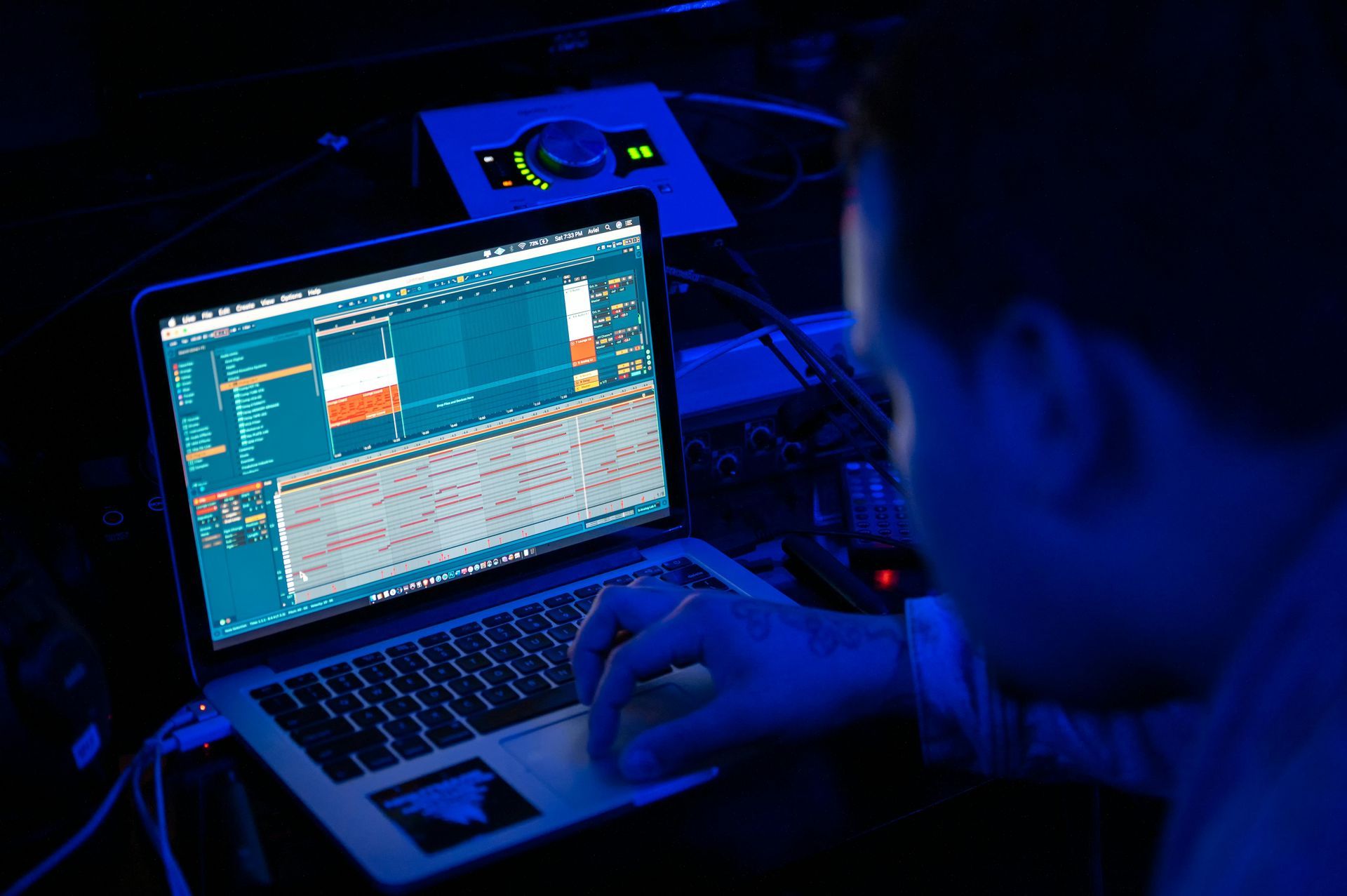What Is The Music Modernization Act And Why It Matters?
What is the Music Modernization Act? Learn how this massive update to U.S. copyright and publishing laws will affect your music and the music industry.

What Is the Music Modernization Act?
The Music Modernization Act (MMA) brings the most significant reform of music licensing in decades. The MMA updates music copyright laws and streamlines music licensing for the digital era.
The Music Modernization Act was signed into law on October 11, 2018. It passed through the US House and Senate with unanimous support. It also has widespread approval from the music industry.
The MMA updates outdated U.S. copyright and publishing laws for the internet age. It also creates better ways artists get paid, simplifies complex processes, closes crucial loopholes, and provides copyright protection for key players.
One of our core missions at Spotify is to enable a million artists to make a good living from what they love: creating and performing music. The Music Modernization Act is a huge step towards making that a reality, modernizing the outdated licensing system to suit the digital world we live in. The MMA will benefit the music community and create a more transparent and streamlined approach to music licensing and payment for artists. Horacio Gutierrez, General Counsel and Vice President of Spotify
The Music Modernization Act Benefits
The Music Modernization Act benefits artists, music producers , songwriters, musicians, engineers, and music business. Some highlights of the bill will:
- Update licensing and royalty rules for digital music providers.
- Improve the way digital music providers pay royalties to rights holders for the streaming and distribution of musical works.
- Create a new Mechanical Licensing Collective (MLC). This group will collect and distribute royalties on behalf of songwriters and publishers.
- Establish a public mechanical licensing database that will identify songs and match them to songwriters or publishers.
- Create a new blanket license for digital streaming services that covers the use of all music in the database.
- Give copyright protection to music producers and engineers for the first time in history.
- Close the “pre-1972 loophole” and require digital music providers to pay legacy artists the compensation they deserve.
- Provide a consistent legal process to help rights holders collect unclaimed royalties. It also implements a new “wheel” approach for resolving rate setting disputes.
- Establish a new rate standard that will require all digital platforms to pay fair market value for mechanical licenses.
- Give fans more access to music across digital music services due to fewer restrictions and better music data sharing.
The MMA also combines three pieces of legislation into a single bill: The Musical Works Modernization Act, The Classics Protection and Access Act, and The Allocation for Music Producers Act. Below is a simplified summary of these three main components:
Musical Works Modernization Act (MMA)
The Musical Works Modernization Act updates licensing and mechanical royalties for streaming music. It changes how digital music providers like Spotify, Pandora, Apple Music, SiriusXM, Google Play, and others obtain licenses for the broadcast of music compositions. It also improves the way rights holders can collect royalty payments for the streaming and distribution of their music.
The MMA also sets a new “willing buyer/willing seller” rate standard that will require all digital platforms to pay fair market value for mechanical licenses.
Moreover, the MMA will establish the Mechanical Licensing Collective (MLC). This board will collect and distribute royalties on behalf of songwriters and publishers. It also has the authority to grant blanket mechanical licenses to digital music services for the distribution and streaming of musical works. The MLC will also create and maintain a public database that provides information regarding musical works and their respective owners. This database will ensure the correct rights holders receive royalty payments.
Note: Anyone involved with music creation/publishing must provide information to the database to ensure proper payments.
Classics Protection and Access Act (CLASSICS)
The Classics Protection and Access Act allow artists and record labels to obtain compensation for recordings created before 1972. Previously, artists who recorded music before 1972 were not entitled royalties under federal law when digital music services use their work.
This flawed law created a “pre-1972 loophole,” which enabled digital music services to avoid paying royalties to legacy artists. This loophole also led to extensive and costly litigation in the courts over recent years.
This section of the MMA also creates a digital performance right for owners of sound recordings created between February 15, 1972, and January 1, 1923.
Allocation for Music Producers Act (AMP)
The Allocation for Music Producers Act improves and simplifies the payment of royalties owed to music producers, mix engineers, and sound engineers. It’s also the first time in history producers and engineers are mentioned in copyright law.
Music producers, mixers, and sound engineers contributing to the creation of a sound recording now have a statutory right to royalties. They will receive royalty payouts when songs they helped create play on satellite radio or streaming services.
The AMP Act also establishes a process for how music producers and engineers receive royalty payments. The organization SoundExchange will now collect and administer digital performance royalties. They will also distribute royalty payments owed to producers and engineers upon the direction of the featured artist.
For example, the AMP Act requires the featured artist to send “ letters of direction ” to SoundExchange. This letter provides instructions on how to distribute a portion of the royalties they receive to specified producers and engineers involved in the creative process. Upon acceptance of a letter, SoundExchange will distribute the appropriate royalties to those involved in making the sound recording.
Conclusion
There are many other components and benefits to the new law that are complex and beyond the scope of this general overview. There is also a lot more of the law to work out, and the copyright system is still complicated. However, the Music Modernization Act is a big step towards bringing music laws to the modern age. It should ensure artists are paid more and have an easier time collecting money they are owed.



